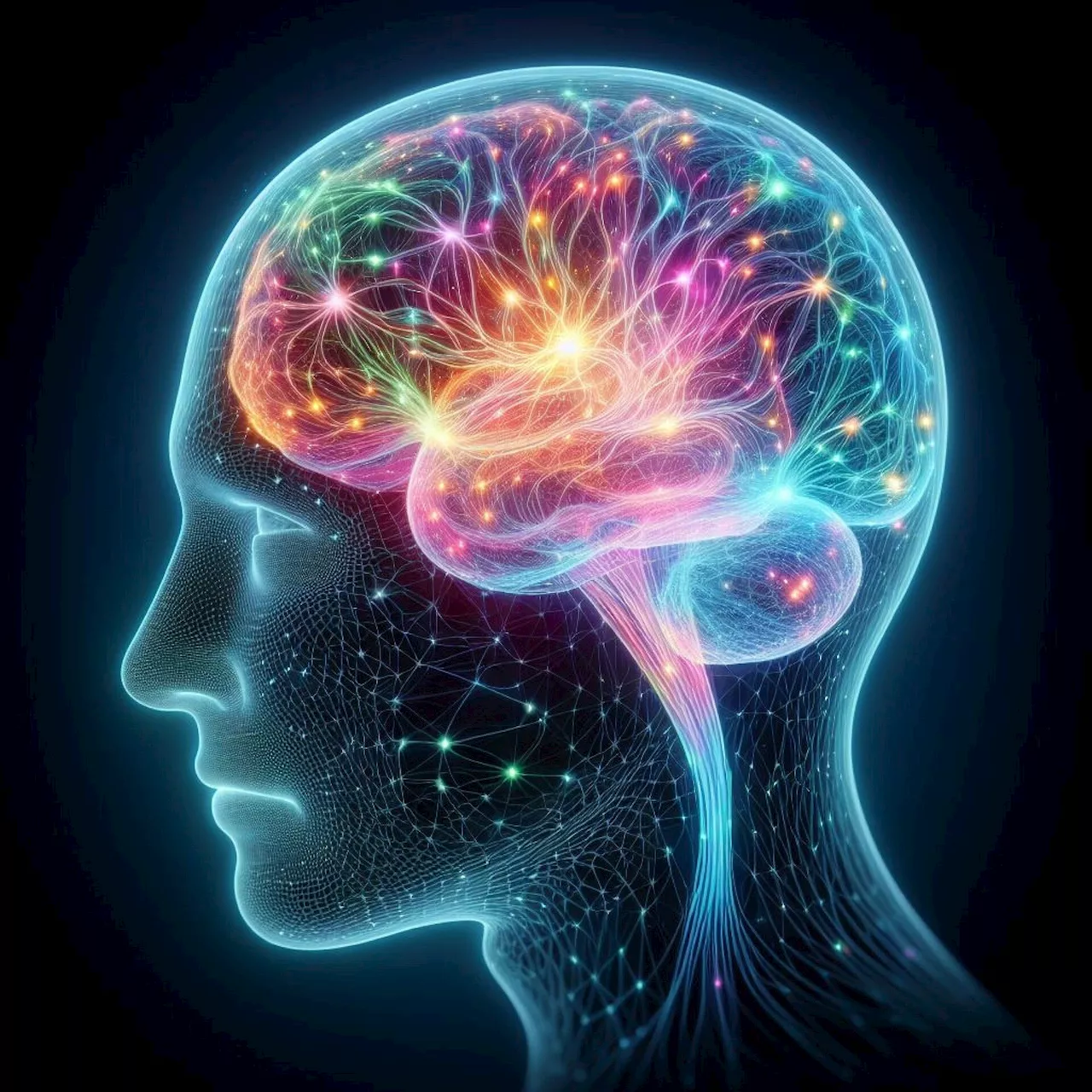Researchers detail how social media can shape behavioral, cognitive, and neurobiological changes in adolescents, increasing their vulnerability to mental health issues.
By Dr. Sanchari Sinha Dutta, Ph.D.May 8 2024 In an article published in the journal Nature Reviews Psychology , researchers in Germany and the United Kingdom described the mechanisms through which social media might influence behavioral, cognitive, and neurobiological changes in adolescents, which in turn increases mental health vulnerability.
A growing pool of evidence indicates that social media can potentially influence developmental changes in adolescents and can put them in vulnerable positions to develop various mental health disorders. Studies investigating the relationship between risky online and offline behaviors find a positive association between adolescents' social media use and their engagement in behaviors that might expose them to harm or risk of injury.
Social media, on the other hand, can help adolescents disclose various aspects of their identity, such as race, ethnicity, and sexuality. Emerging evidence indicates that transgender people gain positive sentiments by revealing their identity on supportive social media platforms. Such social comparisons, especially body image-related comparisons, can negatively impact adolescents' mental health and can increase the risk of developing socio-emotional and eating disorders.A heightened desire for socialization with peers and fear of social rejection are the two prominent characteristics in an adolescent's life. Existing evidence indicates that oversensitivity to social rejections is moderately associated with depression and anxiety.
Adolescents Anxiety Depression Psychology Research
日本 最新ニュース, 日本 見出し
Similar News:他のニュース ソースから収集した、これに似たニュース記事を読むこともできます。
 One in 52 Blackpool children in care as poverty rates rise in North of EnglandResearchers said the data exposes “deeply rooted social inequalities” in a north-south divide.
One in 52 Blackpool children in care as poverty rates rise in North of EnglandResearchers said the data exposes “deeply rooted social inequalities” in a north-south divide.
続きを読む »
 New state of mind: Rethinking how researchers understand brain activityUnderstanding the link between brain activity and behavior is among the core interests of neuroscience. Having a better grasp of this relationship will both help scientists understand how the brain works on a basic level and uncover what specifically goes awry in cases of neurological and psychological disease.
New state of mind: Rethinking how researchers understand brain activityUnderstanding the link between brain activity and behavior is among the core interests of neuroscience. Having a better grasp of this relationship will both help scientists understand how the brain works on a basic level and uncover what specifically goes awry in cases of neurological and psychological disease.
続きを読む »
 Researchers say progressive resistance training not superior for hip osteoarthritisProgressive resistance training (PRT) is not superior to neuromuscular exercise (NEMEX) for improving functional performance in patients with hip osteoarthritis (OA), according to a study published online April 9 in the Annals of Internal Medicine.
Researchers say progressive resistance training not superior for hip osteoarthritisProgressive resistance training (PRT) is not superior to neuromuscular exercise (NEMEX) for improving functional performance in patients with hip osteoarthritis (OA), according to a study published online April 9 in the Annals of Internal Medicine.
続きを読む »
 Researchers compile detailed catalog of bacteria living in cancer metastasesResearchers at the Netherlands Cancer Institute have compiled a detailed catalog of bacteria living in cancer metastases. Having analyzed over 4,000 tumors, they shed light on the diversity of these co-inhabitants and how they might interact with cancer cells and their surroundings.
Researchers compile detailed catalog of bacteria living in cancer metastasesResearchers at the Netherlands Cancer Institute have compiled a detailed catalog of bacteria living in cancer metastases. Having analyzed over 4,000 tumors, they shed light on the diversity of these co-inhabitants and how they might interact with cancer cells and their surroundings.
続きを読む »
 Researchers elucidate how gene mutation mechanism causes autismResearchers show how mutations of gene transcription and chromatin regulation-related genes cause autism.
Researchers elucidate how gene mutation mechanism causes autismResearchers show how mutations of gene transcription and chromatin regulation-related genes cause autism.
続きを読む »
 Researchers develop statistical method for genetic mapping of autoimmune diseasesGenetic studies of diseases map segments of the genome driving disease. But to understand how those changes contribute to disease progression, it is important to understand how they may alter gene regulation of disease genes in cell populations assumed to be driving disease.
Researchers develop statistical method for genetic mapping of autoimmune diseasesGenetic studies of diseases map segments of the genome driving disease. But to understand how those changes contribute to disease progression, it is important to understand how they may alter gene regulation of disease genes in cell populations assumed to be driving disease.
続きを読む »
